Women of Jazz music, the true black magic.
Women of Jazz
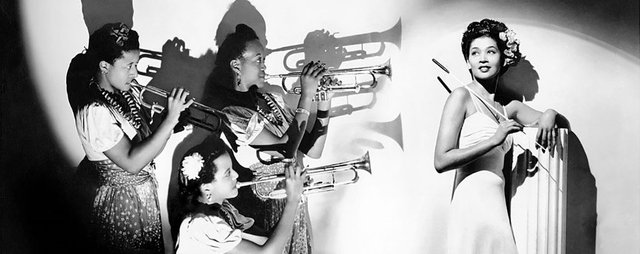
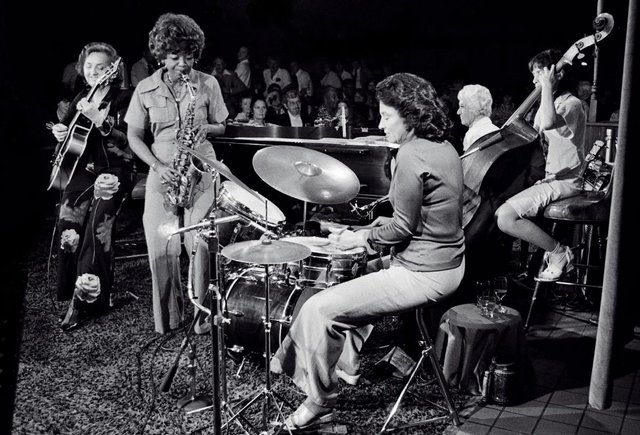
Women used music to express their feelings, as were their problems experienced during their process not only as women, but also as black women full of weaknesses and strengths, which later would end up bravely facing a musical group dominated by men , while both also fought the racial struggle.
The struggle of these women determines an importance in the musical history of this genre, to the point of being the ones who manage to best survive in the social imaginary.
Despite the fact that with female oppression they were not allowed to play musical instruments or anything that allowed them musical access, these women found a way to express what their heart was screaming at, with this, the grandmothers took their talent to be transmitted as a musical knowledge that would later be recognized and respected. These women, sang to their children for generations and centuries of slavery the songs they sang their grandmothers, and grandchildren, so these women as the generations progressed never stopped singing and ended up turning their voice into a fundamental part of music .
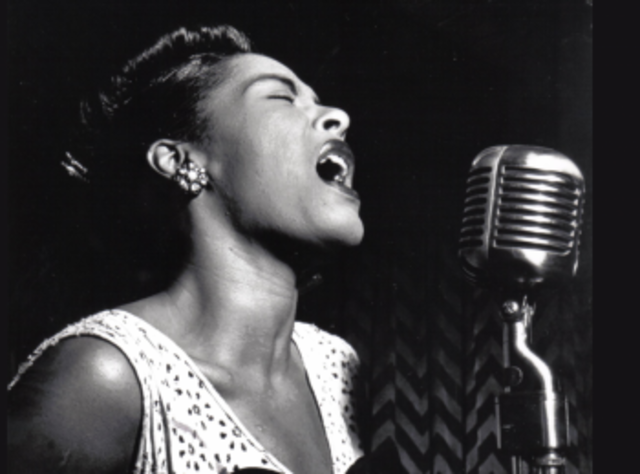
The slaves who lived in the different countries of the American continent were precursors of the emergence of great musical styles nowadays very important as gospel, blues, or jazz in the US, cumbia, bolero, salsa, bossa nova and another amount of musical genres that nowadays are recognized as the "Latin rhythms".
Although with female oppression they were not allowed to play musical instruments or anything that allowed them musical access, these women found a way to express what their heart was screaming at, with this, the grandmothers took their talent to be transmitted as a musical knowledge that would later be recognized and respected. These women, sang to their children for generations and centuries of slavery the songs they sang their grandmothers, and grandchildren, so these women as the generations progressed never stopped singing and ended up turning their voice into a fundamental part of music.
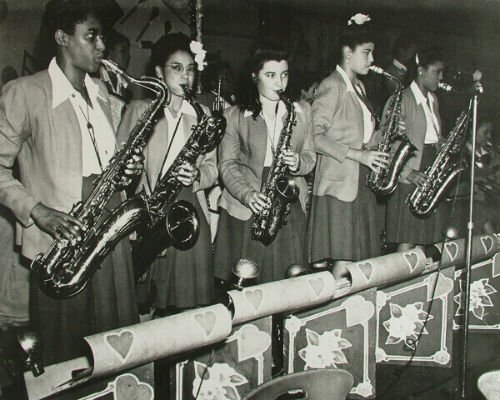
During the decade of the 20s, after this genre was installed in the United States in both white and black societies, the emergence of different groups means the consolidation of jazz as a musical genre and the beginning of the last years of the blues, where Afro-descendant women singers were able to stand out without any type of foregoing, some of these as: Bessy Smith, Mamie Smith, Ida Cox, among others who got the attention of the public.
In the part of the performance pianists were recognized as: Billie Pierce, Dolly Adams, Edna Thomas, who came to play with the trumpet of Louis Amstrong, Lovie Austin who started with Amstrong also, Mazle Mullins and Lil Hardin, ex-wife of Louis Amstrong, whose contribution later would be recognized as fundamental in the artistic growth of jazz. After the bands of female instrumentalists began to emerge, some important instrumentalists were also the saxophonist Irma Young, the bassist ThelmaTerry or Sophie Tucker, the first woman to manage a band of men.
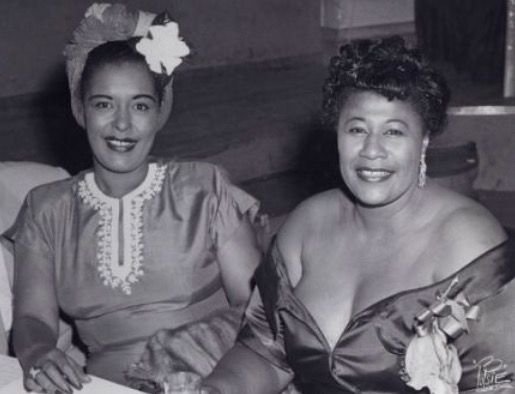
During the decade of the 30s, women managed to stand out, the role of women on stage turned out to be visually appealing to the public, since women attracted their beauty, and sensuality on stage, thus turning them into muses that would inspire a new cycle of jazz music. The music industry due to this, begins to exploit them and begins to break with the stereotype in which women could not participate in male orchestras, so they also begin to replace male vocalists for women.
Two of the most influential singers in history were: Billie Hollyday, and Ella Fitzgerald (considered the best vocalist of the jack of the story), while Billie Holliday was also recognized for its innovation and orginality, without them, jazz would have been something else the one we know today.
As for women instrumentalists, although they found it more difficult to stand out in a world dominated by the instrumental virtuosity of men, they continued to work and many were recognized and respected for their work.
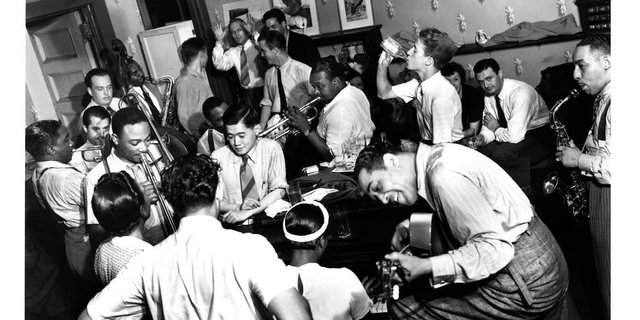
When the war is over and men return to take their places, it was a hard blow for those women who had learned to become independent, after tasting the freedom that this generated them to obtain money and carry out those activities that they had not allowed, they resisted to return to their traditional lives and although they were forced to dedicate themselves only to fulfill their marital obligations, they refused, they continued to fight against the stereotype of society while continuing to fulfill their marital obligations.
Here I share some songs interpreted by these important artists who have influenced great female jazz players during their emergence.
Singers:
Ella Friztgerald: Summertime
Billie Holliday: Love Me or Leave Me (1941)
Bessy Smith: I need A Little Sugar In My bowl
Nina Simone: Feeling good
Esperanza Spalding: On The Sunny Side Of The Street (Live 2016)
Instrumentalists:
Piano:
Billie Pierce: I'm In The Racket (1959)
The Pearls - Lil Hardin (1959)
Terry Gibbs Quartet with Terry Pollard
Link References:
https://www.ellahoy.es/ocio/articulo/mujeres-del-jazz-principales-representantes-del-jazz-femenino/289391/
https://cerveza1906.es/noticia-jazz/las-20-mejores-cantantes-de-jazz-de-la-historia/
I love the good old Jazz music, good for hip hop sampling 👌🎶🎵🎼🎙
Posted using Partiko Android
Yes, this music is very important, the history is really inspirate :)
I know. You can feel it when playing 🎶🎵🎼
Posted using Partiko Android